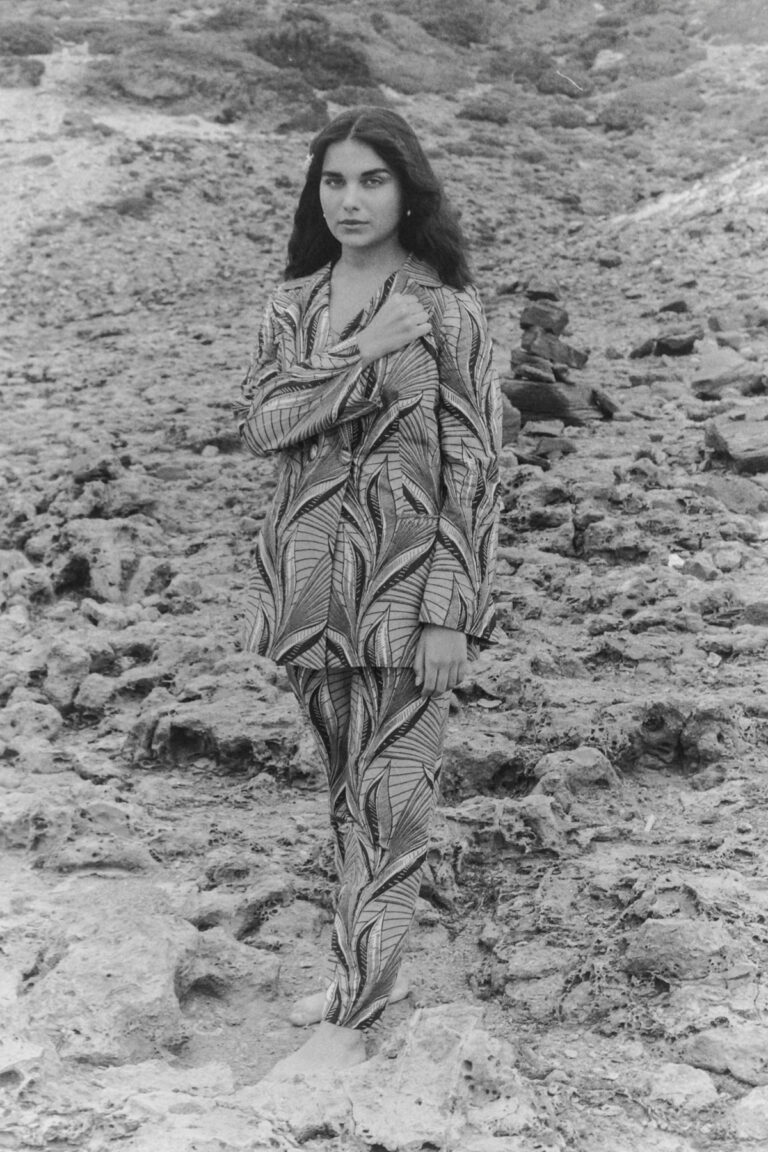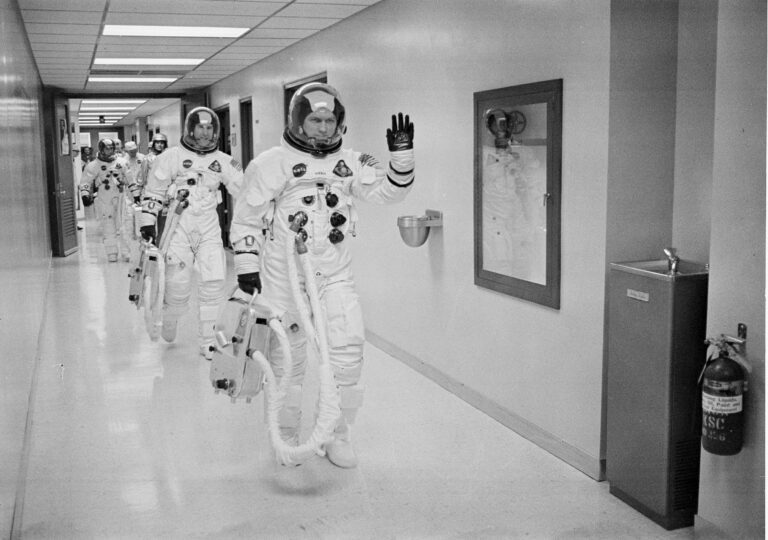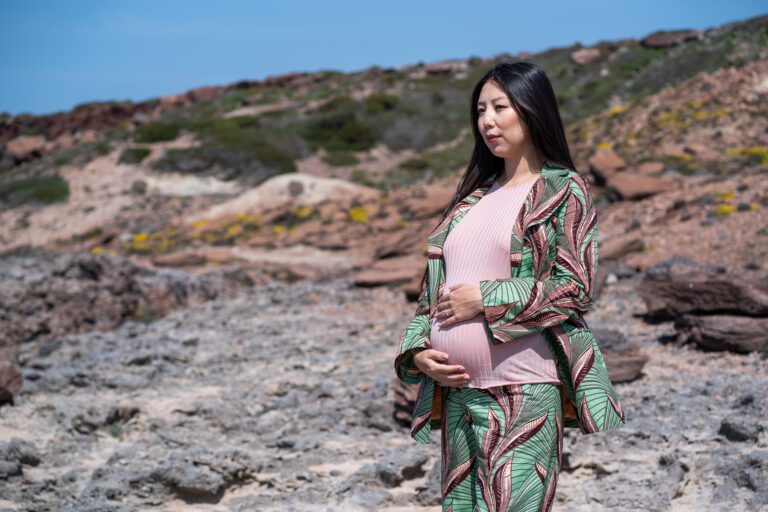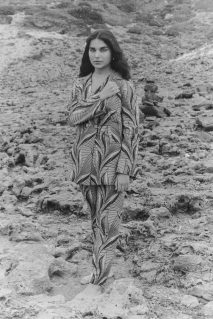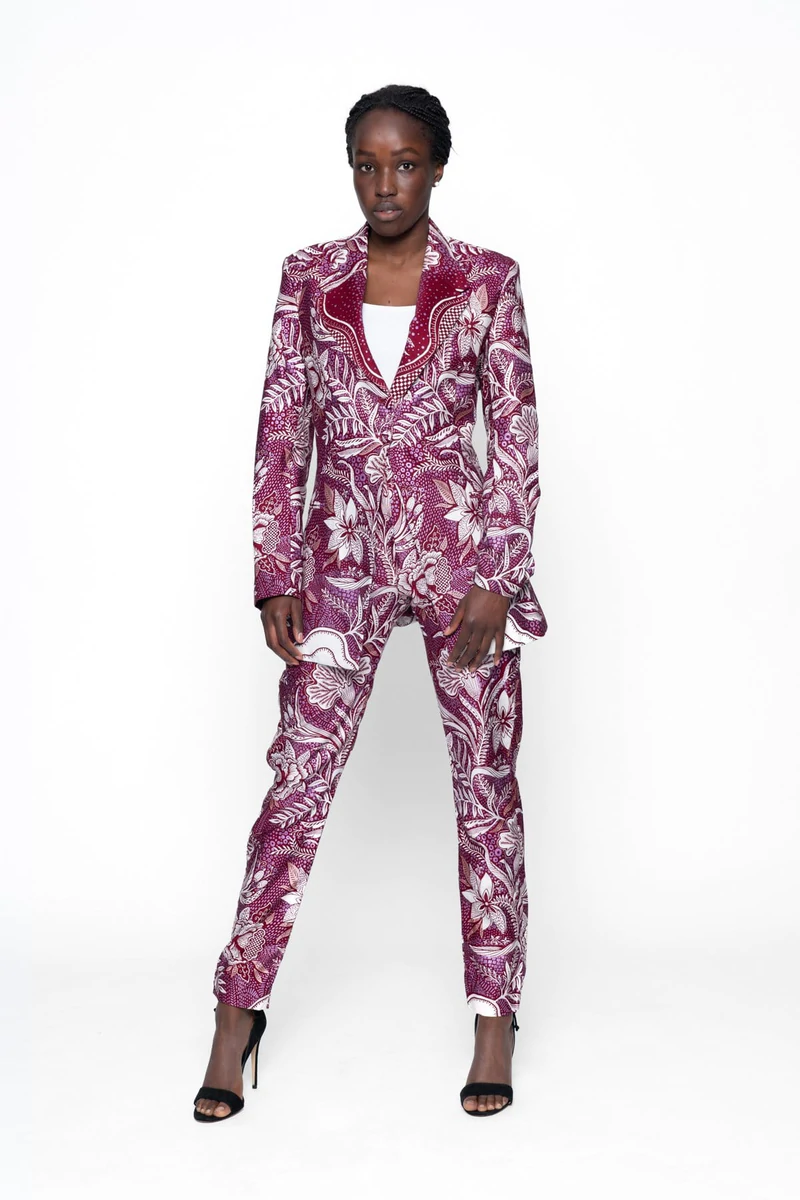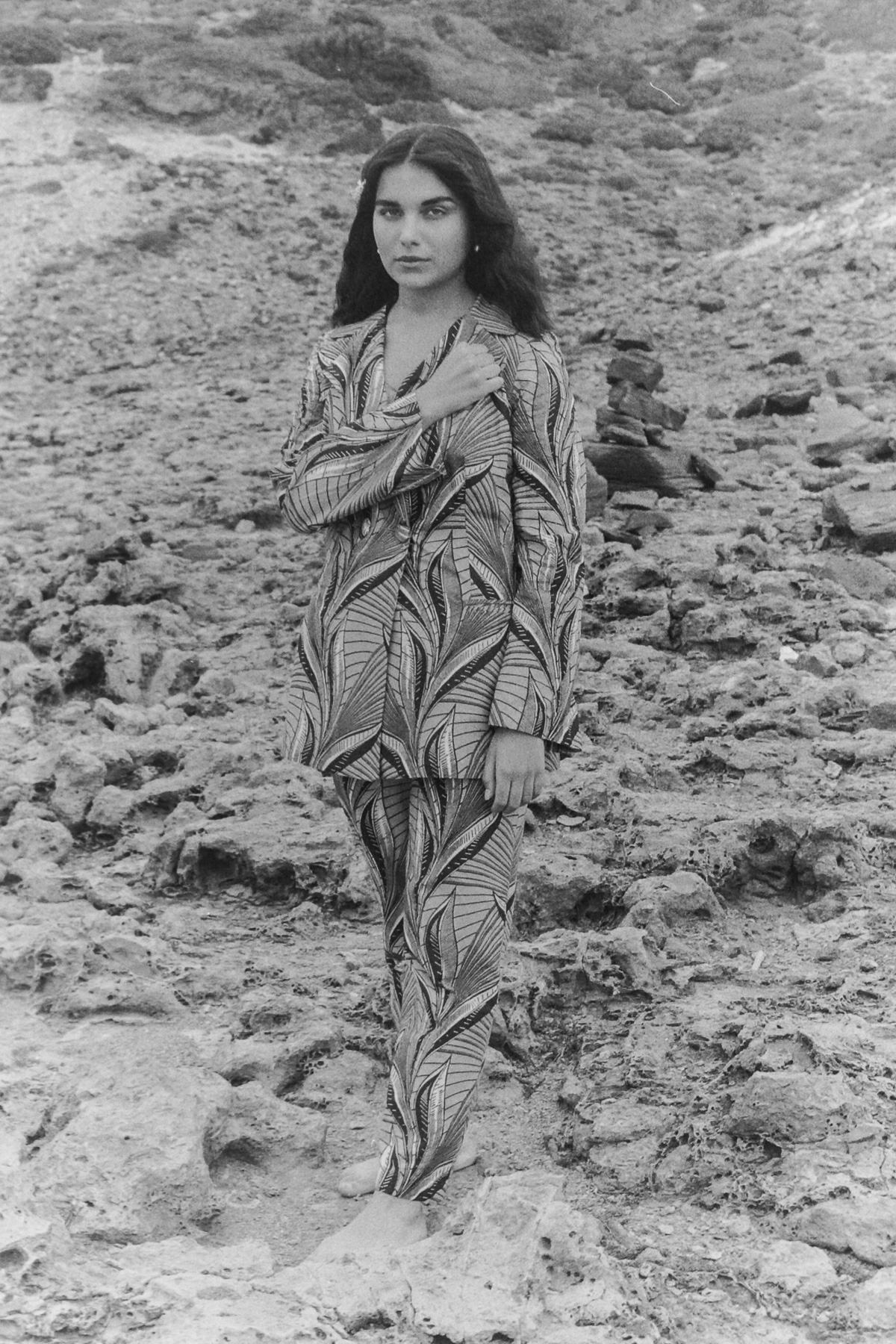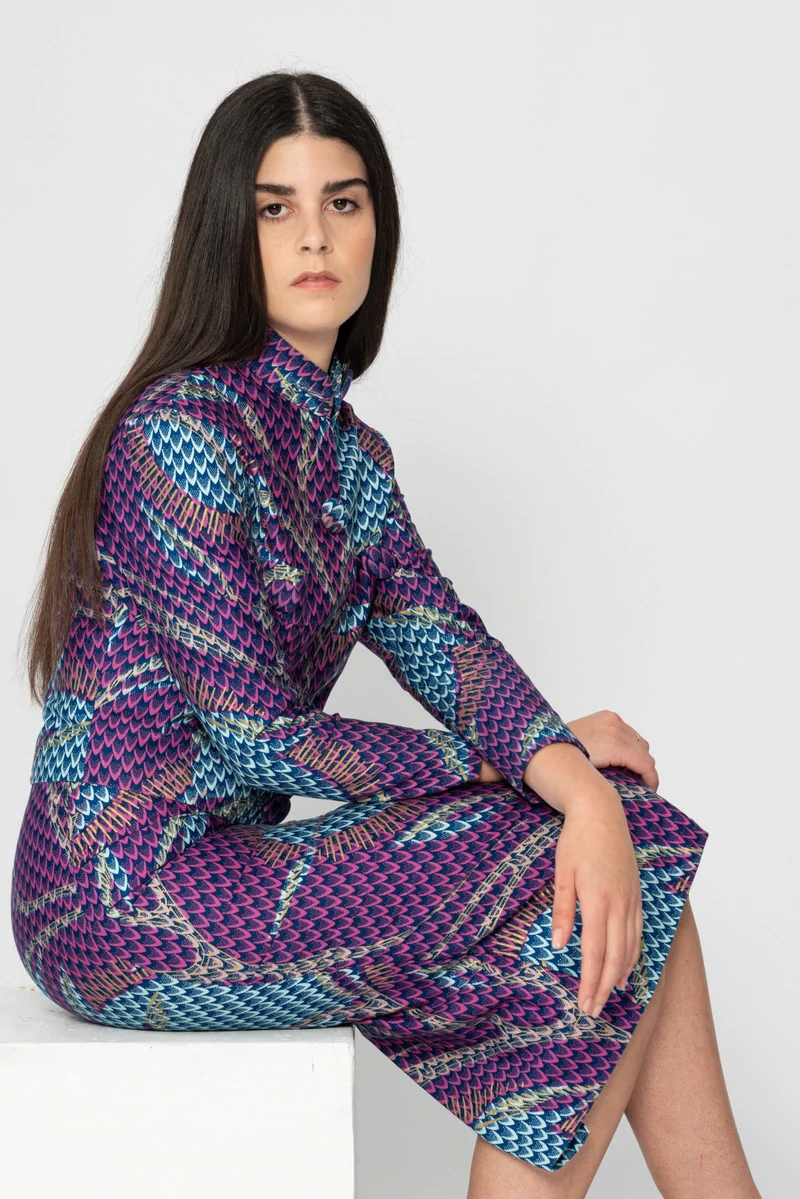collective evolution
Replenishing the Planet
Resource-intensive, fast and wasteful, the fashion industry has become an epitome of our time. It expresses the richness of human ingenuity yet also the breakdown of our connection with nature. Deforestation and climate change have become a routine line in everyday news, and yet they shouldn’t be. It’s time to acknowledge our mistakes and shift our ways of being.
Fashion industry does not only impact the planet directly but it also has an insurmountable influence on cultural patterns that define our relationships with nature. Thus, it can be not only the driver behind the wreckage but also the light to illuminate new cultural narratives and social practices that permeate everyday life. Could fashion help restore the planet, even if it begins with a single choice regarding your next dress?
We’ve come up with some answers to start with.
Made to order
Limited items with a clear conscience
Shelves shall not be empty and fashion cycles seem to shrink by year. The world produces more clothes than it will ever need and this model has its consequences.
Every year, billions of garments are left unsold. Further options are limited: recycling complex items is expensive, second-hand markets are over-saturated and brand reputation does not tolerate free lunch for those in need. Thus, a high share of unsold items is burned at incinerators, destroying precious resources, dishonoring human labor, and polluting the environment. Something that used to be an age-old deposit or part of a thriving ecosystem becomes a toxic cloud of dust in weeks. It is clear enough: this approach doesn’t work.
That’s why we’ve adopted a demand-led model. It is based on small-batch production, ensuring that nothing gets wasted. We also don’t sell our collections to retailers, which would mean second-guessing the market and creating high overstock levels. Instead, we work directly with you.
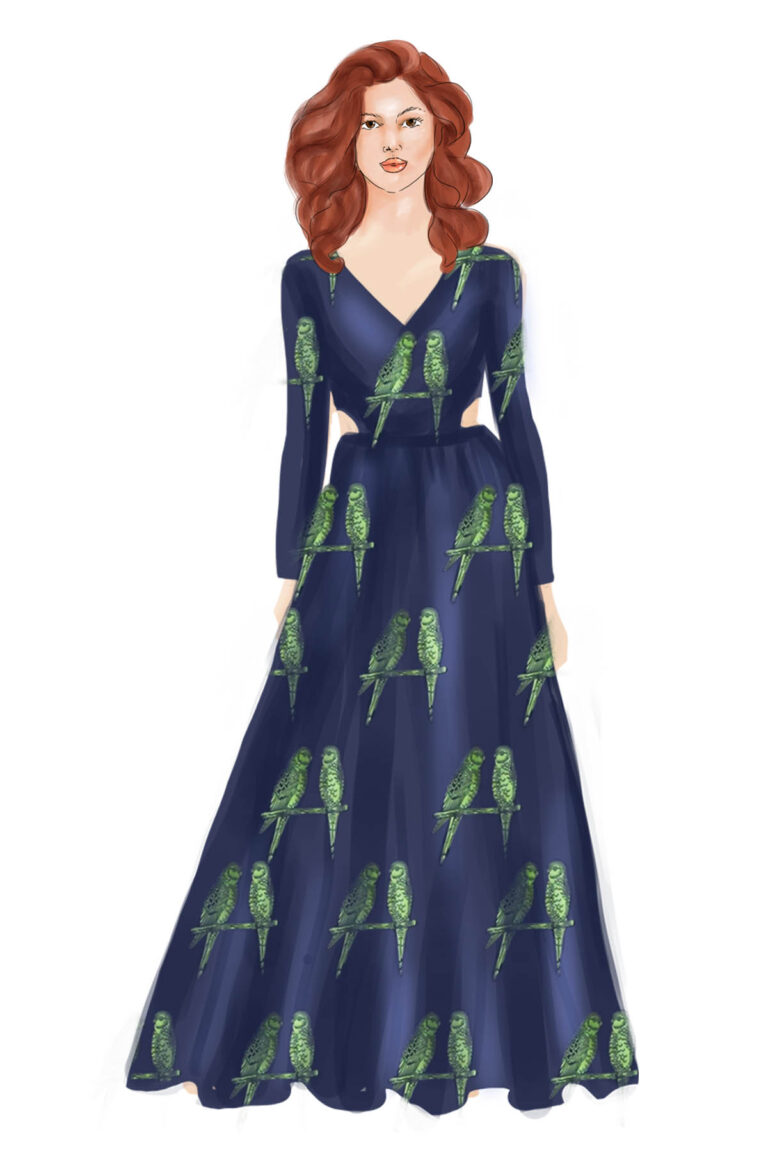

Creating a circular ecosystem


Sustainable fabrics aligned with nature
Everything with the Maakola label is made from natural fibers: cotton, silk, wool, or tencel. Most of our items feature African prints and indigenous African fabrics known for their vivid colors, supreme quality and luxurious feel. Unlike polyester fibers, which can take hundreds of years to decompose, natural fabrics degrade within years without harming nature. We constantly search for new organic fabrics and sustainable components to enrich our palette and build a resilient circular ecosystem. Most natural fabrics are easy to look after without using aggressive detergents or chemical-intensive dry-cleaning. We also carefully select deadstock fabrics to enrich our collections and shrink the fashion industry footprint.Sustainable Packing and Delivery
When every choice matters
For decades, the world has enjoyed the gift of plastic packaging. Yet, the islands of plastic waste can not serve as an excuse for convenience. We need packaging that is safe, responsible well-designed and beautiful. We want to know exactly what to expect at each stage of the package life cycle. We use 100% compostable or recyclable packaging solutions produced from recovered mono-materials, with minimum resources and bearing trusted certifications. And when your package is ready to go, we will opt for the most sustainable delivery option available. All in all, what matters here is not just doing the good thing but taking care of every small decision we make.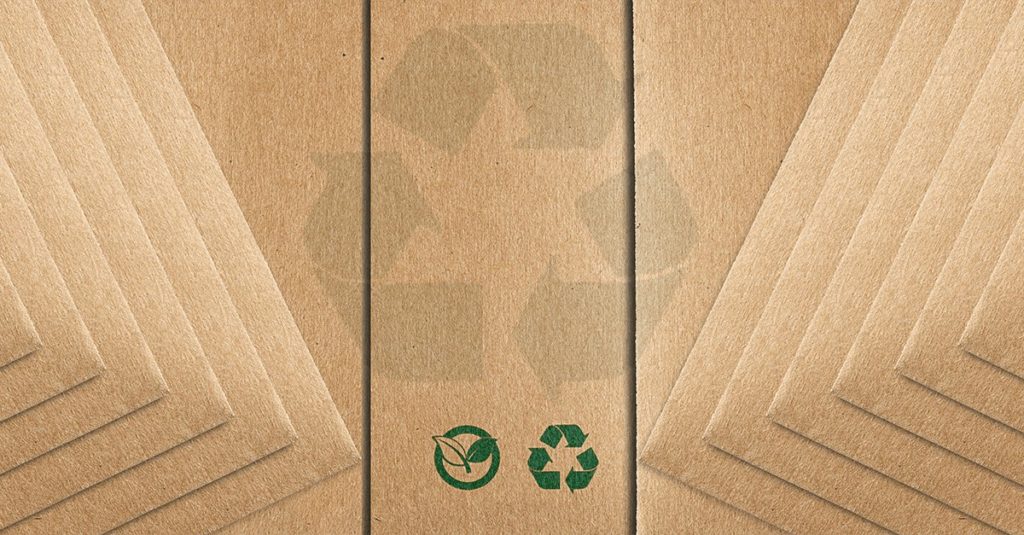

Longevity with purpose


Clothes made to last
The journey doesn’t end when we ship your garment. It’s only the beginning. All of our clothing is designed to last a lifetime, and we mean it. We believe that new is not always better. Items with history, on the other hand, are capable of accumulating exquisite charm and charisma. They talk about people who wore them and about the lives they lived. That’s why we want to produce clothes you’ll value and appreciate for years to come. Our superior materials allow your clothes to stay beautiful for years. Based on our tests, even after 30 washes, they are still in perfect condition. We invite all customers to join our Wear Me 30 Times initiative inspired by Livia Firth. Our promise: your clothes will look new after thirty washes, or you get your fixed or replaced for free. After years of faithful service, you can confidently pass your item to the next generation or safely recycle it.Beyond the ownership culture
Maakola for rent
Just think about it. How many times have you bought a new outfit for a work event, a special occasion, or simply because you fancied a change and ended up cramming your closet with more clothes than you’ll hardly ever wear? Our innovative rental service allows you to try a new look, stress-free. With a carefully selected range of items available at Maakola For Rent, you can shine at any event with one of our beautiful pieces for hire and send it back when the party’s over. Designed to save your time and closet space, we hope that it also inspires a more conscious approach to fashion.Explore our finest items for rent!
Reconnecting with the world
